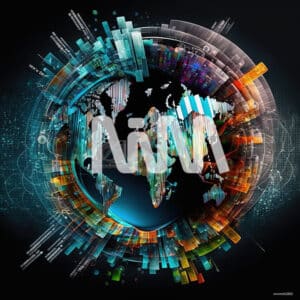
Streaming does not work for creators, artists, or fans wanting to support them.
It’s no secret that the models in place today for music streaming platforms are a highly troubling issue. While music is more accessible than ever, the economic conditions for artists, songwriters, producers, and musicians are challenged. For years, countless articles, artist-led movements, and commissioned studies have pointed out these unfair and less efficient practices.
Royalties payments can and should increase
The fundamental issue, and the one most familiar to the greater public, is the startlingly low remuneration artists receive compared to the income generated by the platforms. According to several studies, 90% of artists receive less than € 1,000 per year, even if their tracks are streamed up to 100,000 times on platforms, and only 1% of artists receive a minimum wage through streaming.


Music streaming is not (yet) user-centric
Streaming services, including YouTube and Spotify, pay music creators smaller and smaller remuneration amounts for their music while listener consumption has increased. Furthermore, the small payments made by these streaming services often need to make it along the value chain to the performers and creators, resulting in too little too late.
Music streaming will be user-centric.
The Internet Music Platform addresses the issue of fair remuneration and recognition in the digital environment. The project is based on newly developed, white-label technology.
The system proves that an alternative, environmentally and financially sustainable system is possible and necessary.
The platform is developed hand in hand with those first involved – the creators – to create a product that directly meets the needs of those who are the foundation of music production and enjoyment

